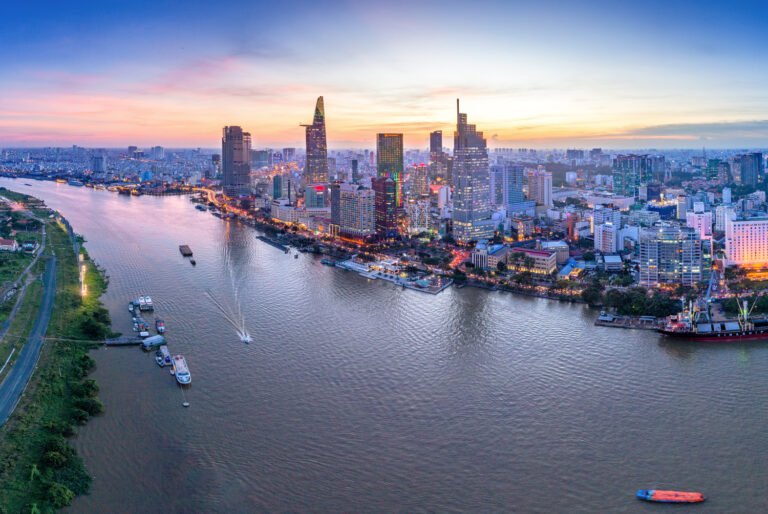The European Union-Vietnam trade agreement, which became effective on August 1,2020, is historic because it’s the most comprehensive trade agreement the EU has concluded with a developing country ever.

While the immediate effect of the entry into force of the trade agreement is that goods from the EU will be taxed less in Vietnam; ultimately duties on 99% of all goods traded between the two sides will be scrapped. Doing business in Vietnam will also become easier for European companies: they will now be able to invest and pitch for government contracts with equal chances to their local competitors. Under the new agreement, the economic benefits go hand in hand with guarantees of respect for labour rights, environment protection and the Paris Agreement on climate, through strong, legally binding and enforceable provisions on sustainable development.
The agreement takes fully into account Vietnam’s development needs by giving Vietnam a longer, 10-year period to eliminate its duties on EU imports. However, many important EU export products, such as pharmaceuticals, chemicals or machinery will enjoy duty free import conditions as of entry into force. Agri-food products like beef or olive oil will face no tariffs in three years, while dairy, fruit and vegetables in maximum five years. Comprehensive provisions on sanitary and phytosanitary cooperation will allow for improving market access for EU firms via more transparent and quick procedures.
It also contains specific provisions to address regulatory barriers for EU car exports and grants protection from imitation for 169 traditional European food and drink products (like Roquefort cheese, Porto and Jerez wines, Irish Cream spirit or Prosciutto di Parma ham) recognised as Geographical Indications.
President of the European Commission, Ursula von der Leyen, said: “The European economy needs now every opportunity to restore its strength after the crisis triggered by the coronavirus. Trade agreements, such as the one becoming effective with Vietnam, offer our companies a chance to access new emerging markets and create jobs for Europeans. I strongly believe this agreement will also become an opportunity for people of Vietnam to enjoy a more prosperous economy and witness a positive change and stronger rights as workers and citizens in their home country.” Vietnam is the EU’s second largest trading partner in the ASEAN after Singapore.

Thao Nguyen is ABP’s Country Manager – Vietnam. She is a dynamic leader with over 27 years of experience working for both global and local banks in Vietnam. Over the course of her career Thao has held senior leadership roles at HSBC, Citibank, ANZ, Techcombank and VIB
Stay up to update with our latest news.
Have Us Contact You
